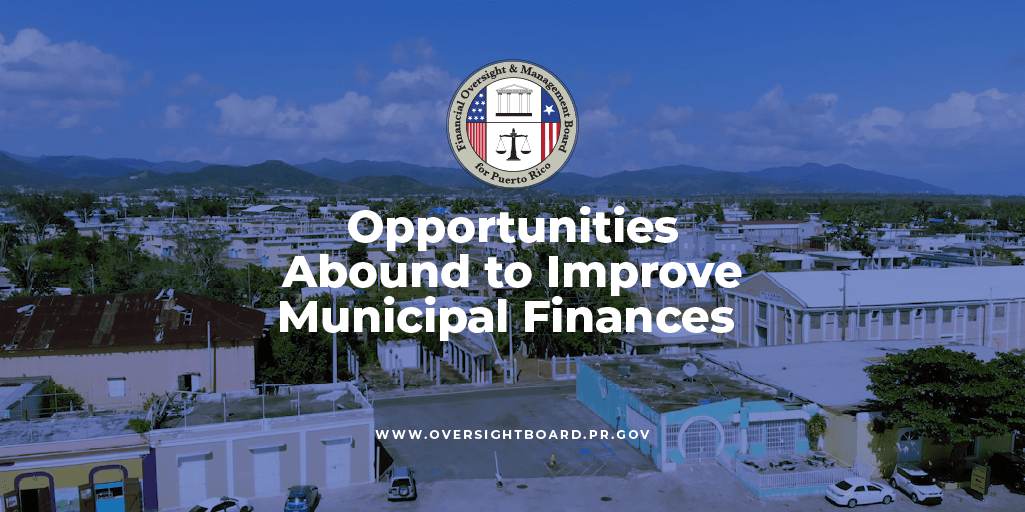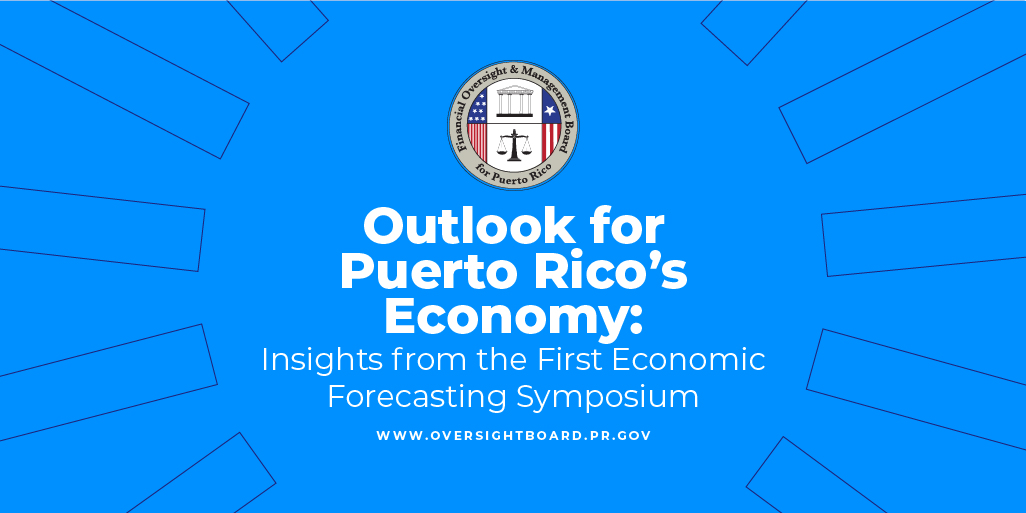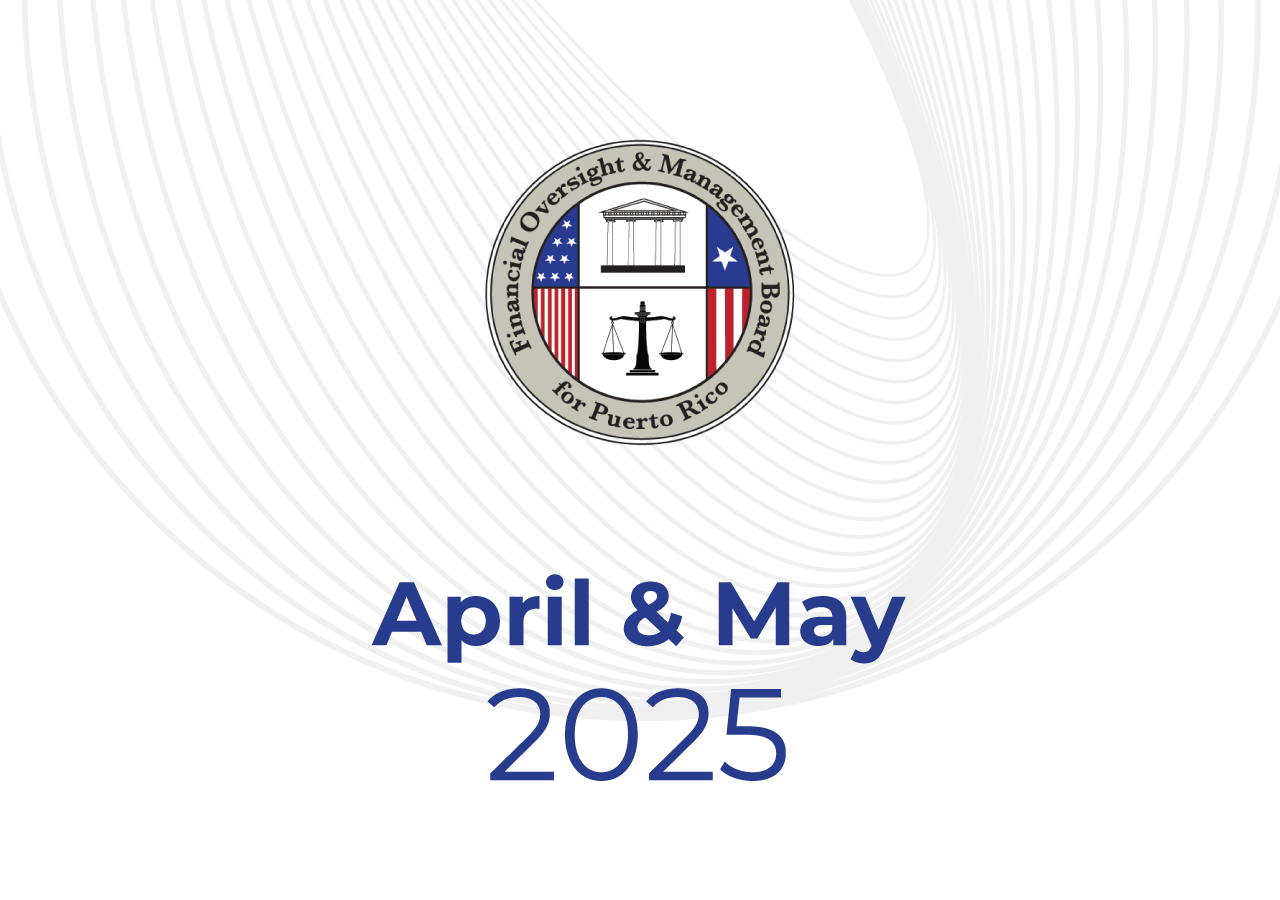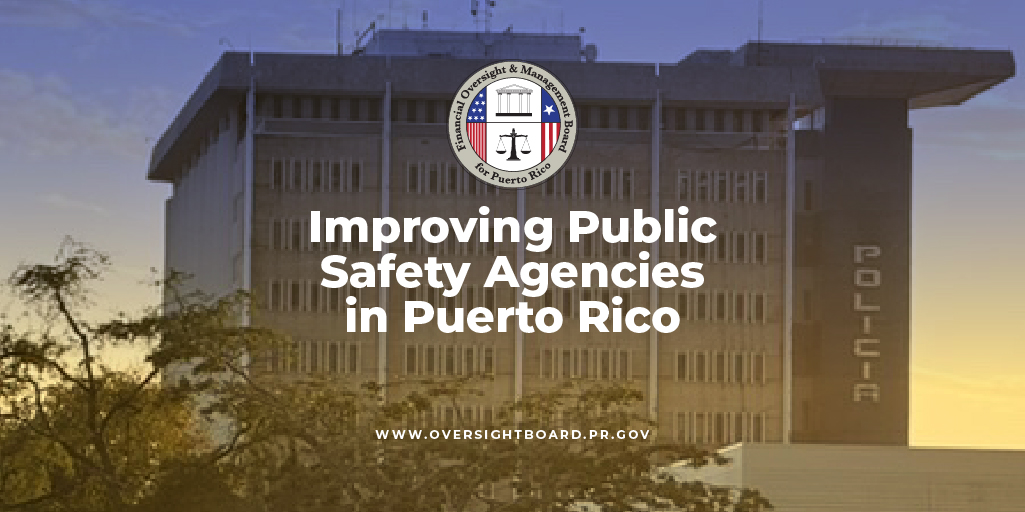The Financial Oversight and Management Board understands that Puerto Rico’s municipalities play an important role in providing services to residents.
Among the core services that municipalities provide to their local residents include public safety, transportation, garbage and waste disposal, permits for businesses, and aid after natural disasters.
Municipalities must be financially stable so that they can provide the services that residents need.
Recently, the Oversight Board certified the 2024 Fiscal Plan for the Municipal Revenues Collection Center (CRIM), with a continuing emphasis on improving the collection rate for real and personal property taxes, which will improve municipal finances as well as services to their residents. Generating sufficient revenues for municipalities, along with sound budget management, will help to spur economic opportunities across Puerto Rico.
This is why the Oversight Board has been focused on supporting municipalities by providing additional funding, when necessary, and promoting fiscal responsibility, economic development, and maximizing federal funds.
The Board understands that some municipalities face different challenges. These include smaller populations, lower income levels, more elderly residents, limited economic capabilities and ability to generate revenues, and a greater dependency on the General Fund for their budgets.
The Oversight Board has provided additional funding to help municipalities with these challenges. They include the creation of a $750 million fund to help accelerate disaster aid recovery efforts at the municipalities.
The Board also authorized the creation of a municipal Waste Fund to help pay the sanitation and waste collection costs at the municipalities, partially offsetting one of the largest recurring expenses municipalities have. This fund should contribute approximately $61 million to the municipalities during the 2025 fiscal year. Furthermore, the Board approved a $30 million Essential Services Fund to help the most vulnerable municipalities.
To incentivize municipalities to improve shared services for permits, transportation, and care of elderly residents, among others, an additional $44 million was set aside. Also, $49.5 million were allocated to certain municipalities to assist with the 10% cost share on projects related to hurricane Fiona and an additional $15 million were allocated to the “ama de llaves” program (which assists the caretakers of elderly residents), amongst others.
These allocations represent important opportunities for municipalities to improve their financial well-being and establish partnerships among themselves to provide services to residents.
However, municipalities can also take additional steps to improve their finances. For example, property taxes are a significant revenue source for many municipalities. But there is a gap between the amount of property tax billed and what is collected every year. In fiscal year 2023, only 66% of billed property taxes have been collected by municipalities.
Improving these tax collections has been a key focus of the Oversight Board’s efforts with CRIM, as it directly benefits many municipalities and will help stabilize their finances.
Expense management must also be a continued focus, as in most municipalities, the largest expense category is payroll. Continuing to find ways to reduce costs, including non-payroll costs, is important for municipalities.
Meanwhile, municipalities have received significant federal funds, but most have not been disbursed or spent. This includes more than $3.6 billion in disaster aid funding and another $800 million in American Rescue Plan Act (ARPA) funding to help local governments recover from the COVID-19 pandemic.
All these multiple funding sources and prospects for collaboration represent a “once in a lifetime” opportunity to support economic growth and investments in Puerto Rico’s 78 municipalities.
The Oversight Board encourages municipalities to collaborate with the Board and the Central Government to stimulate Puerto Rico’s economic resurgence and help overcome the challenges many of the island’s municipalities are currently facing.





